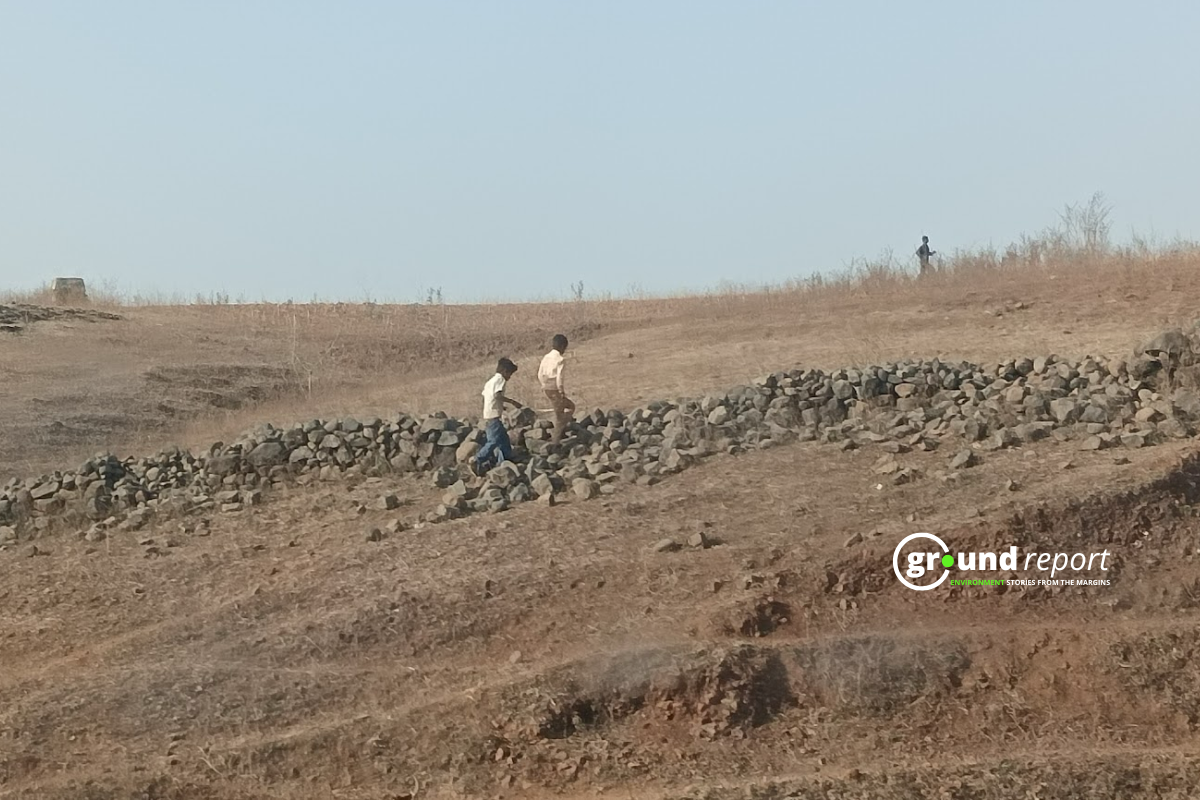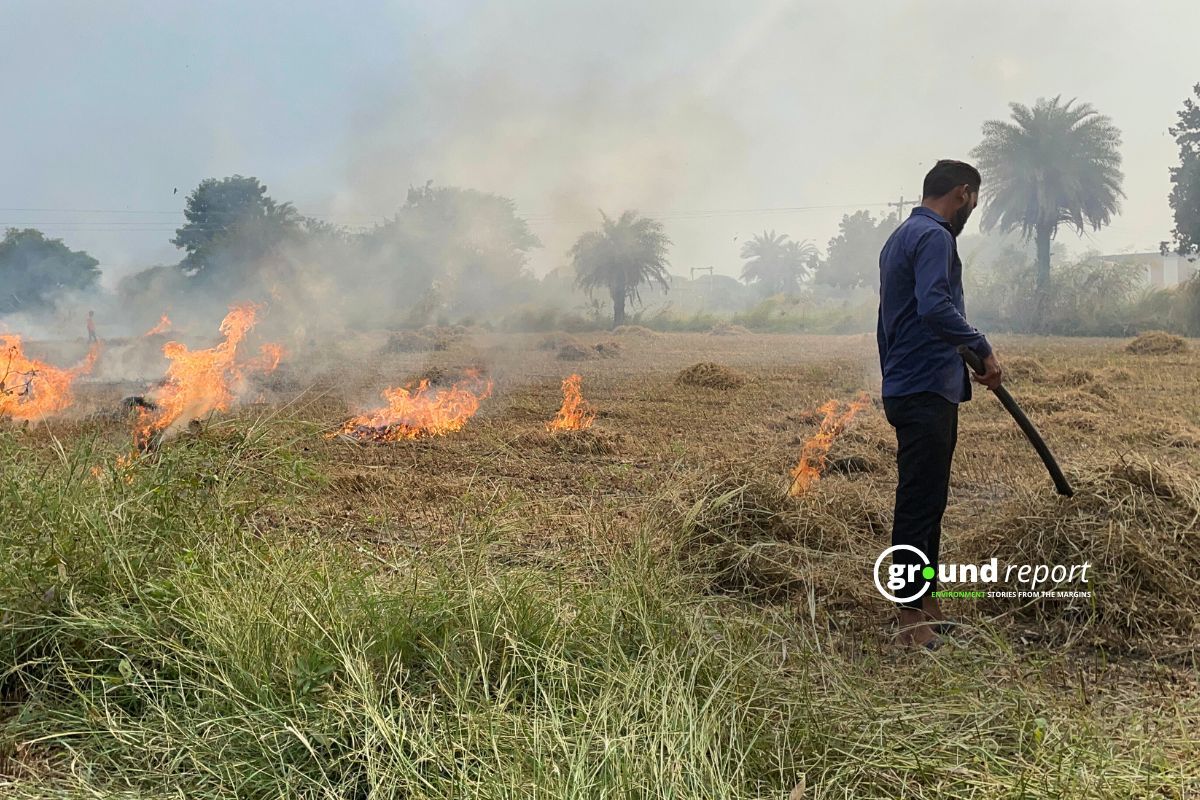Russia has uncovered significant oil and gas reserves in the British Antarctic Territory, raising concerns about potential drilling activities in the protected region.
The uncovered reserves are approximated to match tenfold the cumulative oil production of the North Sea in the preceding fifty years. Testimony provided to the Commons Environment Audit Committee (EAC) has disclosed Russia’s detection of an Antarctic oil field, encompassing an expanse roughly ten times the aggregate output of the North Sea throughout the last fifty years.
A significant portion of this field is thought to be situated in the Weddell Sea, positioned to the east of the Antarctic Peninsula within the British Antarctic Territory, a region subject to territorial claims by Chile and Argentina.
Antarctica’s territorial boundaries are designated as “claims” rather than concrete ownership, making it a prime opportunity for geopolitical tensions to arise. Given the overlapping territorial claims, particularly with the UK’s presence in the region, Russia’s discovery has raised concerns about potential conflicts.
Operating in Antarctica presents unique challenges, combining awe-inspiring landscapes with extreme weather conditions. The environment is characterized by harsh weather patterns, with freezing temperatures and fierce winds dominating the majority of the time. The location of the oil fields in the Weddell Sea, while relatively accessible compared to other areas of Antarctica, still presents logistical challenges due to the thickening sea ice as one moves further south.
The Antarctic is governed by the 1959 Antarctic Treaty, which prohibits any mineral or oil developments, ensuring the continent remains dedicated to peaceful purposes and scientific research. However, the recent findings by Russia’s Rosgeo, the state-owned geological exploration company, suggest activities that edge closer to prospecting for oil and gas rather than pure scientific inquiry.
Why Drilling in the Antarctic is Bad for Climate
The Antarctic region plays a crucial role in the Earth’s climate system. It is home to vast ice sheets that reflect sunlight, helping to regulate global temperatures. Disturbing this delicate balance through oil extraction could accelerate ice melt and raise sea levels, exacerbating the effects of climate change.
Operating in Antarctica presents unique challenges, combining awe-inspiring landscapes with extreme weather conditions. The environment is characterized by harsh weather patterns, with freezing temperatures and fierce winds dominating the majority of the time.
The location of the oil fields in the Weddell Sea, while relatively accessible compared to other areas of Antarctica, still presents logistical challenges due to the thickening sea ice as one moves further south.
Drilling into the West Antarctic Ice Sheet could raise sea levels by about 5 meters, according to a study by the University of Cambridge. The ice sheet sits on bedrock below sea level, making it especially vulnerable to warming ocean temperatures.
Moreover, the pursuit of new oil reserves goes against the global effort to reduce reliance on fossil fuels and transition to renewable energy sources. As the world grapples with the urgent need to curb emissions, any new fossil fuel development is seen as a step backwards in the fight against climate change.
Drilling for oil in the Arctic poses grave risks due to its harsh environment and the complexities involved. As climate change impacts worsen, exploiting more fossil fuels in such fragile regions is highly detrimental.
The challenges of Arctic drilling are numerous, including the difficulty of relief well drilling and oil recovery in icy conditions. Moreover, the limited oil spill response capacity and slow oil degradation in the Arctic exacerbate the environmental risks. Wildlife in the area, such as migratory birds, whales, and seals, are highly vulnerable to oil contamination.
Despite the high costs and minimal oil supply compared to global demand, companies continue to pursue Arctic drilling, jeopardizing the region’s future. Instead, promoting fuel-efficient vehicles could reduce our reliance on oil and mitigate environmental risks.
Will Oil and Gas be Extracted from Antarctic Territory?
Currently, the 1959 Antarctic Treaty prohibits oil extraction from Antarctica, emphasizing its use solely for peaceful purposes to prevent international discord. Additionally, in 1976, the treaty signatories enacted a moratorium on mineral exploration and exploitation in Antarctica, prioritizing the region’s safeguarding.
However, treaties cannot guarantee absolute assurances, particularly amidst unpredictable geopolitics. Moreover, the complex international legal and diplomatic framework surrounding Antarctica adds further intricacy to the situation. Despite seven historic claimants—Argentina, Australia, Chile, France, New Zealand, Norway, and the UK—ownership claims were suspended with the Antarctic Treaty’s negotiation in 1959, rendering Antarctica an extensive international territory.
Follow Ground Report for Environmental News From India. Connect with us on Facebook, Twitter, Koo App, Instagram, Whatsapp and YouTube. Write us on GReport2018@gmail.com and subscribe our free newsletter.
Don’t forget to check out our climate glossary, it helps in learning difficult environmental terms in simple language.









